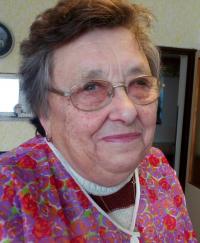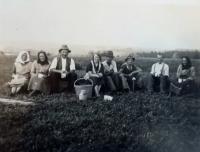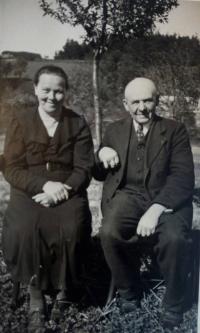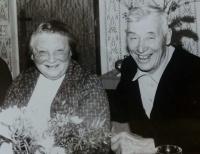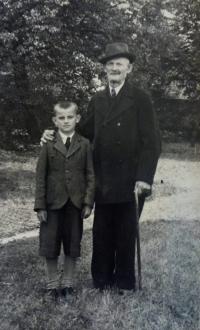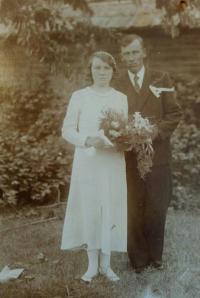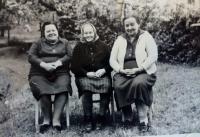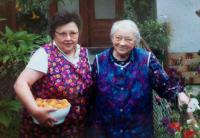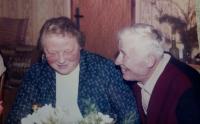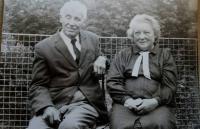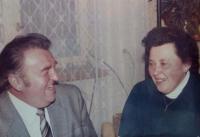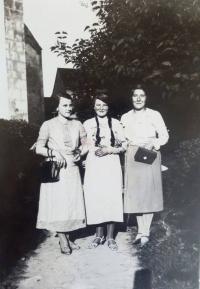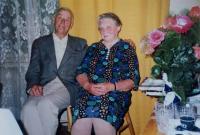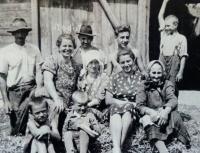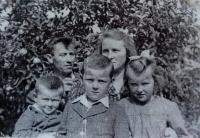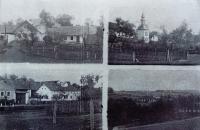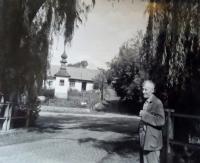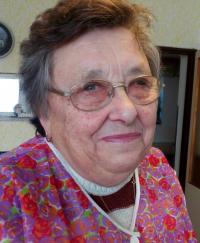Despite all the injustice, dad remained a merry person

Download image
Alena Crhová, née Volná, was born in Borovník on 12 March 1938. As the daughter of a “kulak”, she and her entire family faced persecution. She had three siblings who helped out on the family farm ever since childhood. The family owned 28 hectares of land. When communists assumed power in the village after the war, their ideology disrupted the entire community so that neighbours feared each other. The communists accused the witness’s father František Volný of exploiting the people in Borovník by forcing them to work on his farm. They declared him a kulak, a class enemy, and imprisoned him. First, he was kept at the Kounic Dormitory in Brno and then in Olbramovice. He was released from prison early based on an amnesty, but he had to work at a quarry for several years afterwards and contracted tuberculosis. He did not get bitter or take his revenge even though the entire village maligned him after his return from prison. He died at age 94. His daughter Alena Crhová was persecuted with her entire family.
